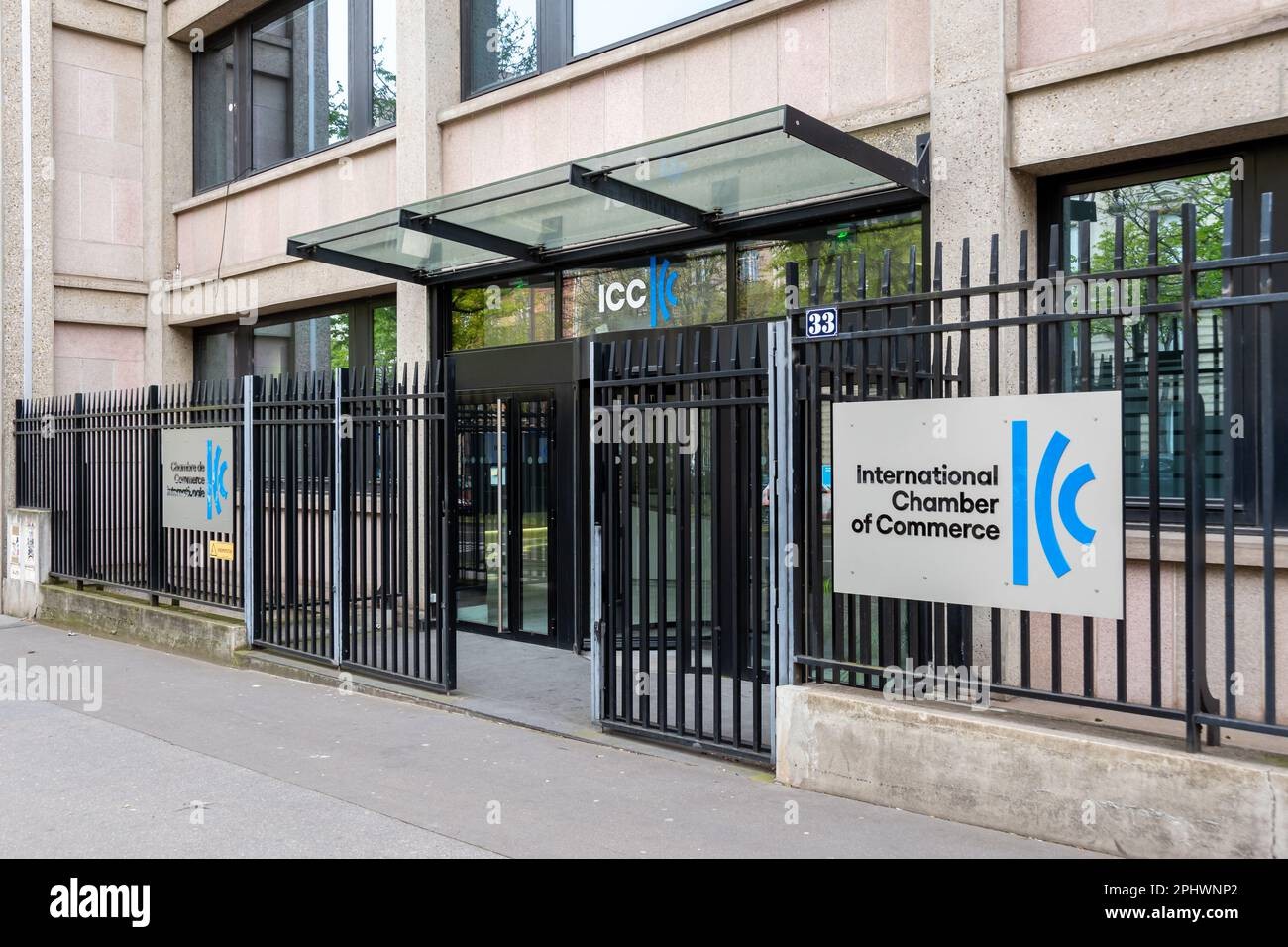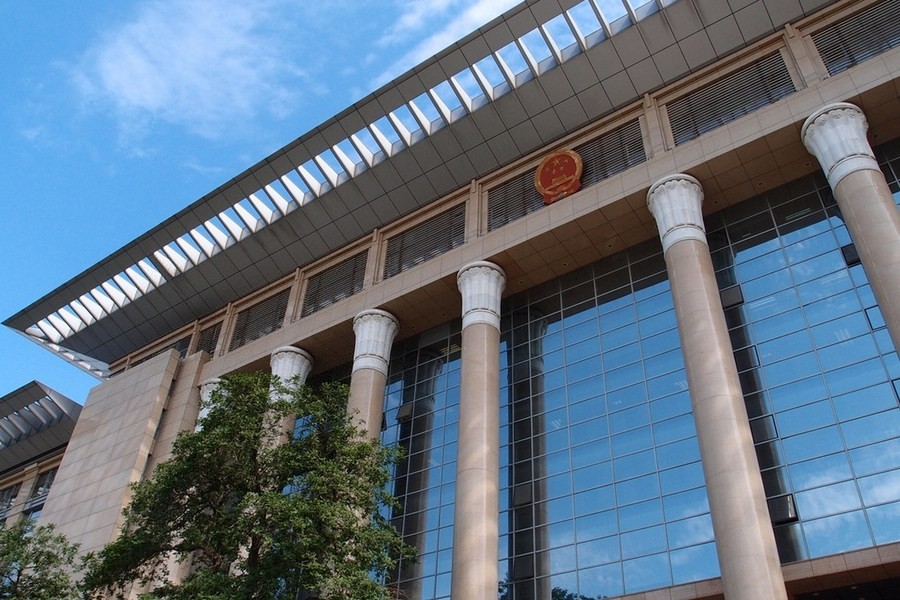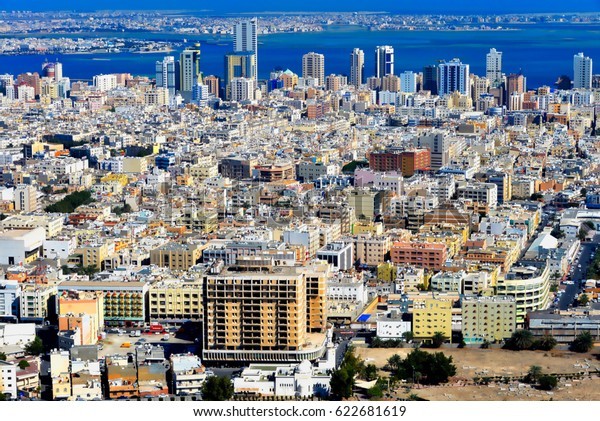African governments have grown wise to the fact that arbitration can be a source of economic activity, with conference centres, hotels and local lawyers set to benefit. A recognised arbitration centre may also help to reinforce messages about political and legal stability, which could be seen as one way to reassure foreign investors1. This is part of the reason why so many institutions have emerged in Africa in recent years. There are now over 90 arbitration institutions existing on the continent, with some countries hosting multiple centres – Nigeria and South Africa have at least six each, and even Mauritius, one of the smallest countries in Africa, has three.
However, it has been said that the number of arbitration institutions in Africa is disproportionate, and only a few of them have managed to gain serious traction. Even fewer have managed to compete with the likes of the ICC2 and the LCIA3, which continue to dominate the international arbitration market in Africa. But, why is this the case? And could this change in the future?








